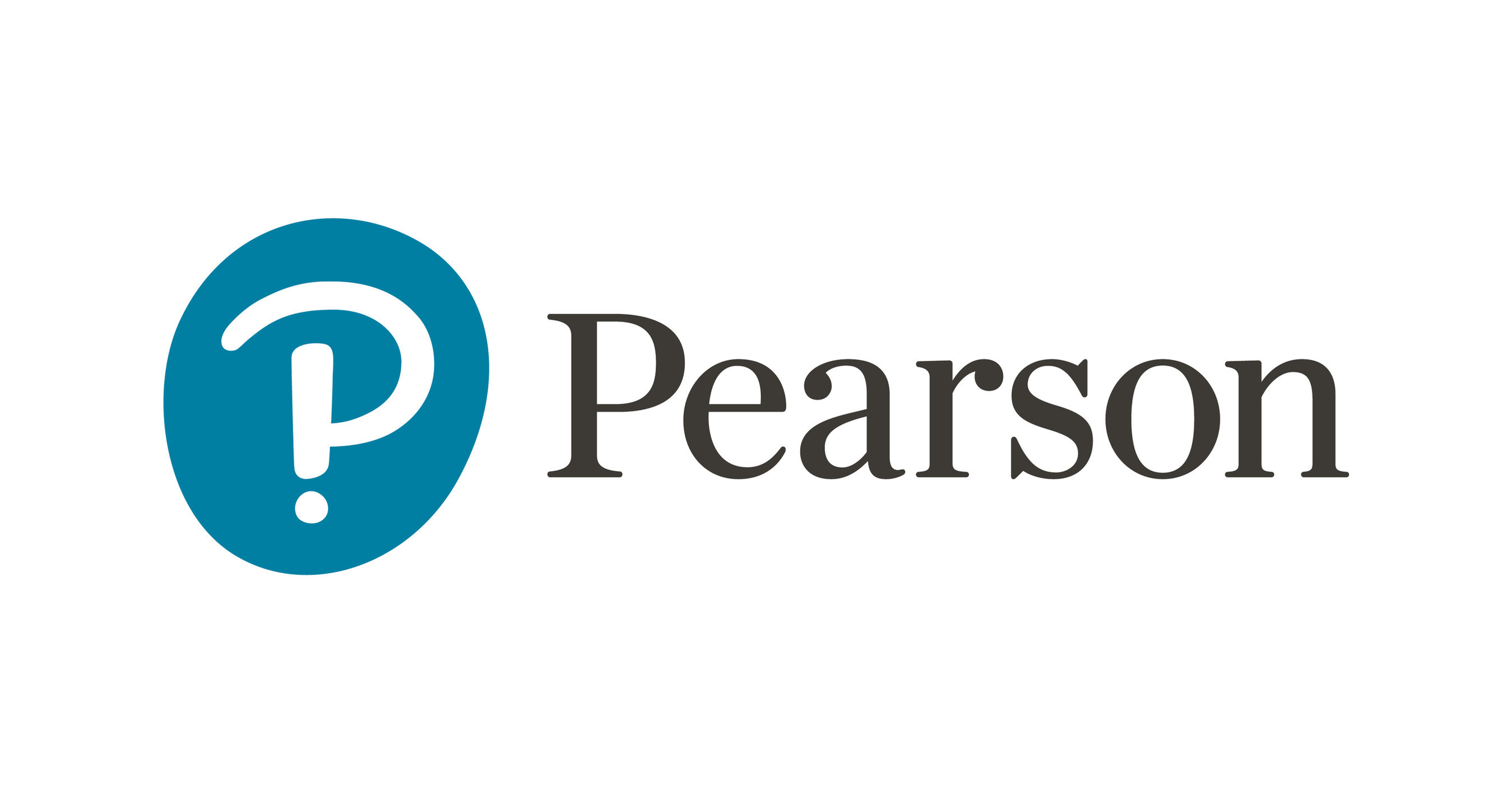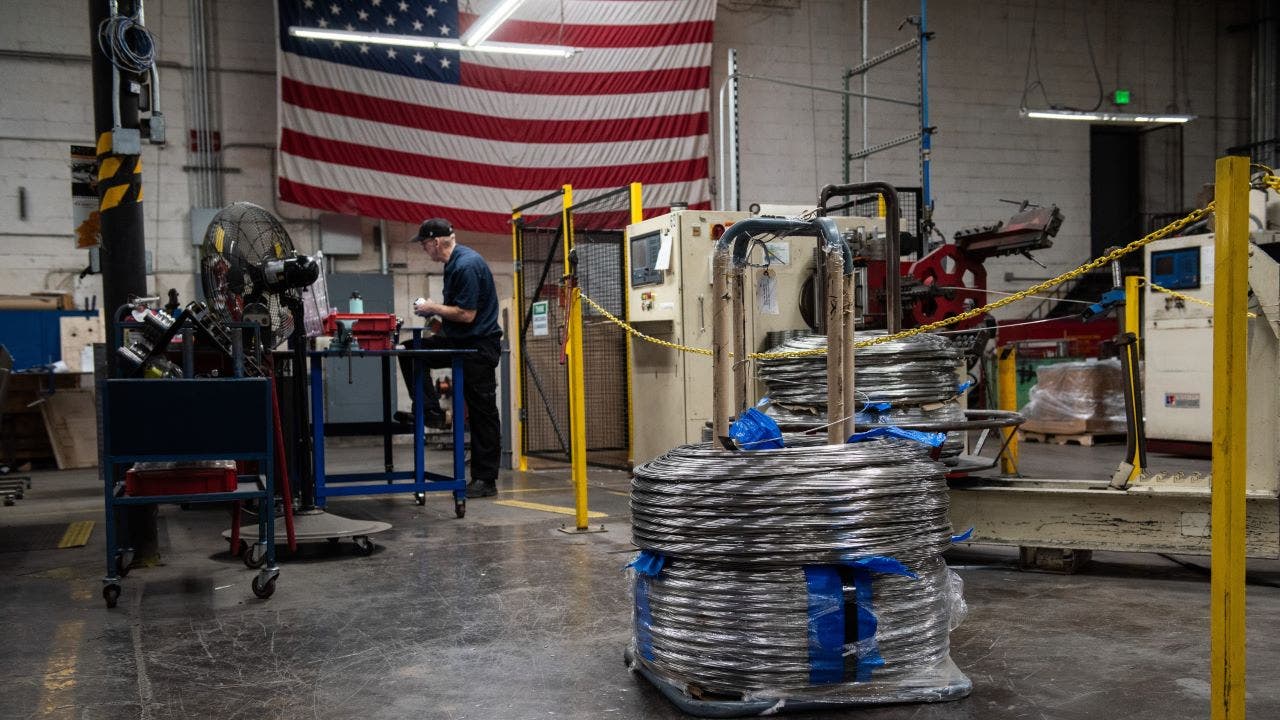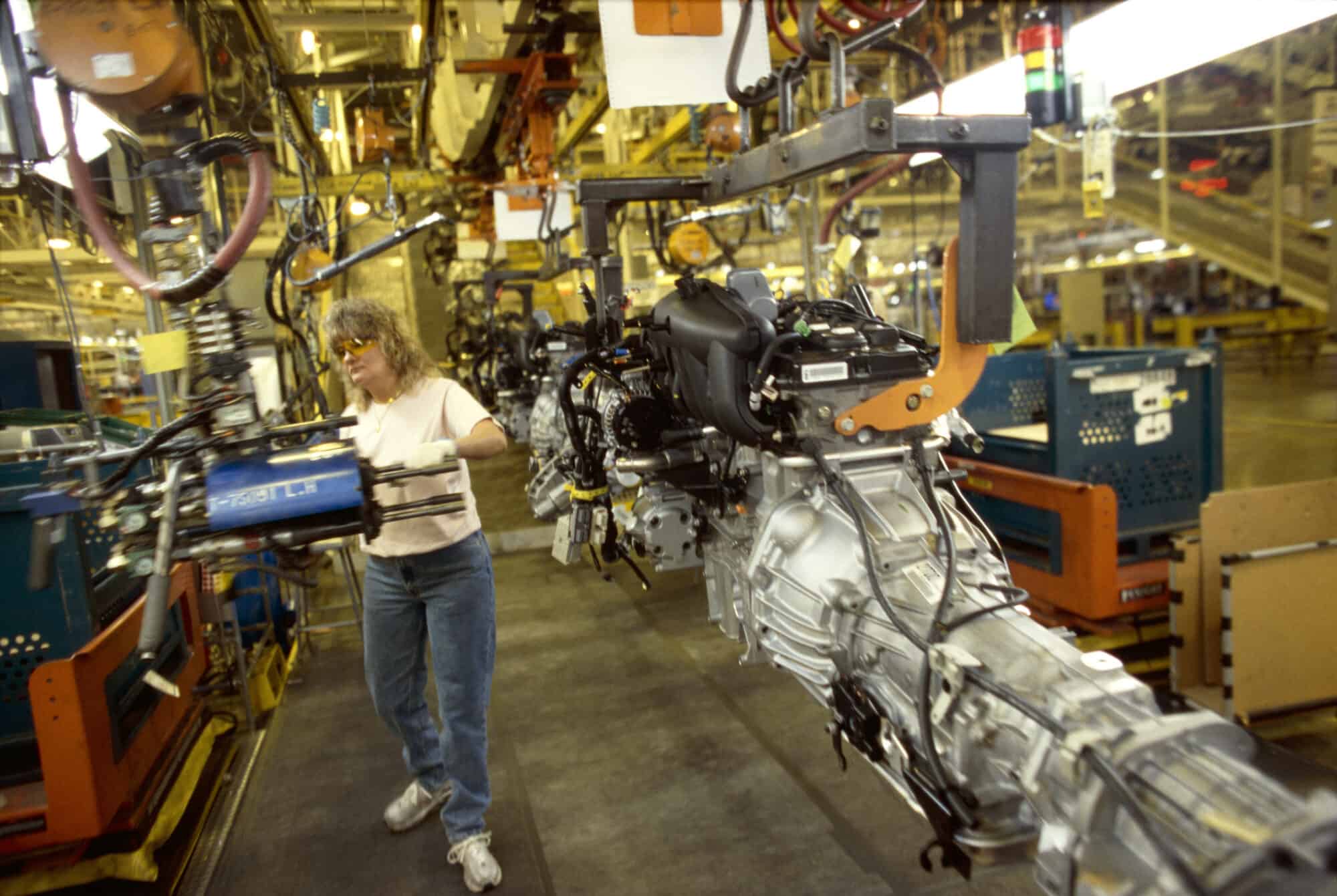







The United States is facing a critical skills gap that is costing the economy an estimated $1.1 trillion annually, according to a recent report by Pearson titled 'Lost in Transition: Fixing the Skills Gap.' Released on January 22, 2025, during the World Economic Forum, the report highlights the inefficiencies in career transitions and learning pathways that contribute to this staggering loss [02a108ee]. Major companies like IBM, General Motors, and Walmart are increasingly adopting skills-based hiring practices, moving away from traditional degree requirements in response to the urgent need for skilled workers [412da015].
The Pearson report emphasizes the importance of 'learning to learn' and advocates for modern skilling pathways that could enhance learning methods, potentially accelerating progress by seven months [02a108ee]. This is particularly relevant as sectors such as manufacturing face a projected need for approximately 3.8 million additional employees by 2033, with 1.9 million of those jobs likely to remain unfilled due to the skills gap [130cda43].
Chanelle Washington-Bacon, a business analyst at Cisco, exemplifies the success of skills-based hiring, having built her career without a college degree [412da015]. This trend is crucial as nearly two-thirds of the U.S. workforce lacks a degree, with higher percentages among Black, Latino, and indigenous workers [412da015]. However, a report by Sigelman found that 45% of companies that removed degree requirements did not change their hiring practices, indicating a complex landscape for job seekers [412da015].
Experts like Ken Coleman from Ramsey Solutions have stressed the need for upskilling and specialization over traditional degrees, while Ian Zhu, CEO of SchoolJoy, supports the role of vocational education in addressing labor market demands [1e41cca2]. The manufacturing sector, currently with over half a million job openings, has identified workforce development as a top concern for several consecutive quarters [d7926d9e].
The Pearson report also suggests that reducing education-to-work transition time by just six weeks could yield an additional $40 billion annually for the U.S. economy [02a108ee]. However, a recent analysis from the American Enterprise Institute highlights a mismatch between workers' skills and job requirements, with fewer than 10% of American respondents believing their skills are lower than required for their jobs, while 39% feel overskilled [529a9f24]. This discrepancy raises concerns about the relevance of current education systems to job demands, especially with the rise of AI technologies.
To combat the skills shortage, manufacturers are encouraged to adopt flexible scheduling and invest in training initiatives [d7926d9e]. Programs like Heroes Make America aim to attract transitioning military personnel into manufacturing roles [d7926d9e]. The Manufacturing Institute provides resources to help tackle these challenges, including high school internship toolkits and apprenticeship programs [130cda43].
Despite financial incentives, such as average annual earnings of $47,000 for entry-level welders, the skilled labor gap extends beyond manufacturing, with an estimated three million jobs unfilled across various trades [91c51cdb]. The study found that 65% of manufacturers cited attracting and retaining talent as their primary business challenge [130cda43].
As the U.S. economy shifts towards a skill-centric model, collaboration among employers, educational institutions, and policymakers is essential to develop effective training programs and create pathways to high-paying occupations. By investing in a skilled workforce, the U.S. can strengthen its manufacturing industry, enhance global competitiveness, and ensure economic growth for all [d7926d9e] [130cda43] [1e41cca2] [d23257f8].